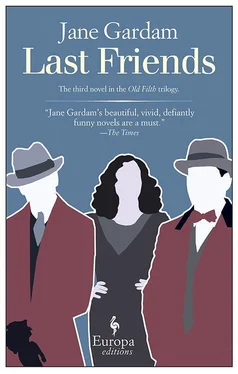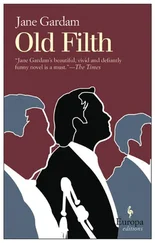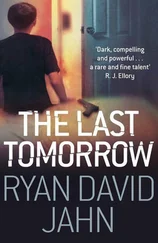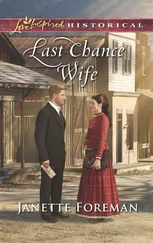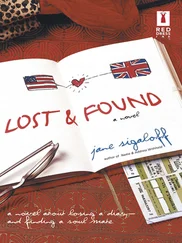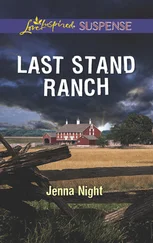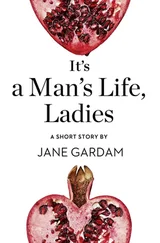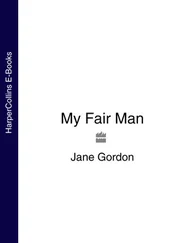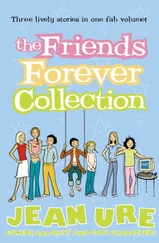The Odessan considered this.
‘But we can’t go. I haven’t any clothes.’
He said, ‘It just says a warm coat and mittens. You have your better coat and we can get mittens.’
‘I think that means only the children. The mothers will be in furs.’
‘Here, in Herringfleet?’ said Anton and at once wrote the acceptance in fine copperplate on a card they found in an old prayer book. Nurse Watkins brought an envelope and took it round to the local private school, The Towers, where Veronica Fondle was the headmaster’s wife.
On the party day Terence, then not yet four, was scrubbed, polished and groomed but then became recalcitrant and unenthusiastic. He lay on his face on the floor and drummed his feet. When his mother walked in from the bath-house where she had been dressing, he roared and hid under his father’s bed, for this was a woman unknown. The lace on her hat (Nurse Watkins’ cousin’s) stood up around her head with black velvet ribbons enmeshed. Her cloth coat Nurse Watkins had enriched with a nest of red fox tail bundles round her throat. Beneath the chin, the vixen’s face clasped the tails in its yellow teeth. Poppies swayed about round the black straw hat brim. Her shoes were Nurse Watkins’ mother’s brogues worn on honeymoon in Whitby before the First World War, and real leather.
‘You’re meant to wear the veil tight against the face, like Greta Garbo, and tied round the back with the black ribbon, Florrie,’ said Nurse Watkins, shushing Terry on her knee.
‘I’ll never get it off.’
‘You’re not meant to get it off.’
‘Then how do I drink tea?’
Even Nurse Watkins didn’t know this.
The veil was left to float around the poppies. Anton said suddenly, ‘How beautiful you are,’ and Florrie disappeared out the back.
She came back saying that Nurse Watkins was to go instead of her and Terry kicked out at the table leg while Anton picked up the book on Kant he’d been reading which Florrie had ordered for him from the Public Library. All he said was, ‘Go!’
So outside over the railway bridge from Muriel Street the gas lights inside their glass lanterns were beginning to show blue as mother and son set off hand in hand.
There was no driveway up to The Towers just three wide, shallow steps, a big oak door with circles of wrought-iron leaves and a polished brass plate alongside saying The Towers, Headmaster, HAROLD FONDLE M.A. OXON. A chain hung down. Florrie picked up Terry and held him tight. Terry was in the full school uniform of Nurse Watkins’ nephew who went to a paying Kindergarten. He had had his first hair-cut. As Florrie stood miserably beside the chain the child shouted, ‘Me, me!’ and she let him drag it down. Far inside the house came a tinny clinking.
Florrie knew that something was now about to go wrong. Terry on her shoulder — rather heavy — seemed to be transfixed with terror by both the sound of the bell and the poppies in the hat. She set him down and clutched his hand. When the door opened she thought she might faint. The colours and heat within, the noise and laughter, the smell of rich food and spiced fruit and sweet drinks, the rasping whiff of gunpowder, the snap of crackers, the squealing of children running madly, waving sparkling, spitting lighted things into each other’s faces. The girls were all in heavy jerseys and gaiters with button boots, the boys in corduroy and mufflers. Several wore the tartan kilt. Across the entrance hall, propped against a carved fireplace, leaned a huge stuffed man with a grinning mask for a face and straw tufts coming out of his ears. He was waiting to be burned.
The maid who had answered the door however was only Bessy Bell, the Gypsy girl who’d known Florrie since school. ‘Eh, Florrie!’ she said. ‘’Ere. I’ll tek Terry in.’
‘I’ll tek ’im in meself, Bessie.’
‘No, it’s just to be ’im,’ said Bessie, ‘She said.’
‘ Marvellous ,’ cried a large woman, wearing a musquash coat, square shouldered, bearing down on them in the porch. ‘You found your way then Mrs. Van — Van Erskine? Splendid . We are short of boys .’
Behind the woman a door stood open upon a glittering dining room, a gleam of white cloth and shiny glasses. Silver cake-stands. Three-tiered, laden plates.
Then Florrie was out again on the steps alone.
* * *
She wondered if she was meant to sit there until it was eight o’ clock. Three hours. It was getting quite dark already. And cold.
She wasn’t going home, though. Oh , no! Nurse Watkins must never know. But there was nobody she knew round here to call in on. Especially dressed like this. There was the refreshment room over the station but the sandwiches were all curled up under glass and anyway she’d no money. And it might be closed. Father Griesepert? His church down by the beach would be locked up. It was a creepy place anyway. In the Presbytery he’d be drowsing now all by himself, alone with his whisky and his thoughts about purity. She’d never gone to him — nor he to her — even when her parents were dying.
The mist was thickening outside the ironwork porch of The Towers and she longed suddenly for her parents. Her father had once been a powerful, forceful, political man. Oh, she wanted a man. A man who stood straight and strong, who’d have brought the child here instead of her and looked round to see if the place was good enough. She folded herself down on the top step and began to disentangle the veil from the vixen’s teeth.
She wondered what Terry was doing.
If he needed the you-know-what, would he ask?
He still had to be helped with buttons. He’d not long finished with the chamber-pot. She often went with him down the privy in the yard especially in the dark. All those other children! Shouting and dancing about with the flaming wires. They were all so much older. Why ever had Terry been invited?
He wouldn’t be crying though. Terry never cried.
But, well, he might just be. He might be crying now. Would they notice him? Would they, any of them have the gump to think he might never before have been out in the dark? Would they look after him around the bonfire? Would he scream when he saw the man burning? Would they care?
That daft Bessie. No help there. Fourpence in the shilling. And she’d seen other people. All their proud horse-faced nannies in that hall. Eyebrows raised. She’d known Anton was wrong about the kids all being in uniform. Maybe in his country. Not here. Except if it was a sailor-suit and where would she get a sailor-suit? He’s not Princess Margaret Rose in London.
They might be being unkind and laughing at him. At this moment he might be screaming with fear. She’d seen his face as they grabbed him and carried him away. They all said he was advanced. Very, very, very clever—. But she’d seen his solemn face—.
He thinks I have left him and he won’t see me again. Fear blazed to inferno and she scrambled from the step through a laurel border and round to the back of the house to its rows of lighted windows and doors and the waiting bonfire. She stepped into a flower-bed and looked into a long room full of children sitting round a banquet.
It was a Christmas card of pink and gold and scattered with glitter. There were cart-wheels of cakes, pyramids of sweets and fruit. Nannies in dark blue dresses stood behind almost every child’s chair talking to each other out of the sides of their mouths but never taking their eyes off their charges. Iron-masters’ children. The other side of the tracks. She couldn’t see Terry.
One Nannie was pressing a rather torpid child into a high chair facing Florence. All the children were being firmly controlled. They’ll not forget the rules, these ones, she thought. There’ll be no fight left in them. She knew that this stuff wasn’t for Terry. Where was he?
Читать дальше
